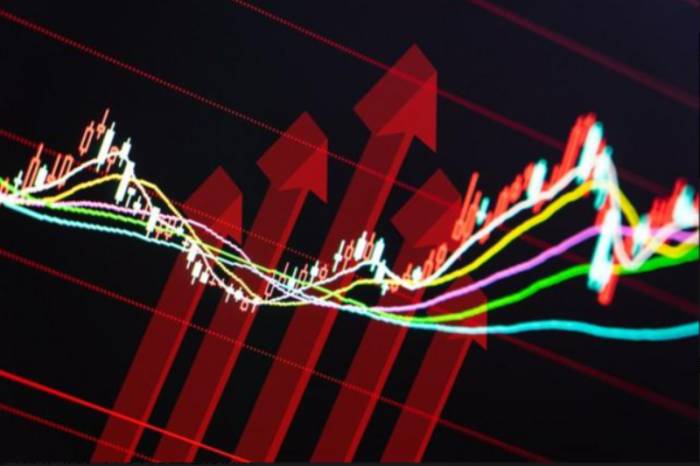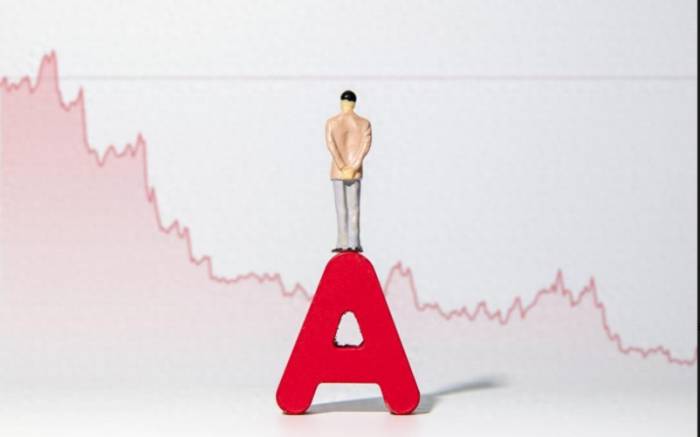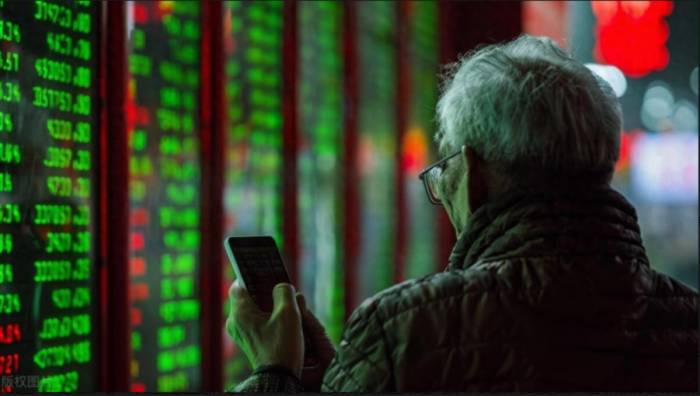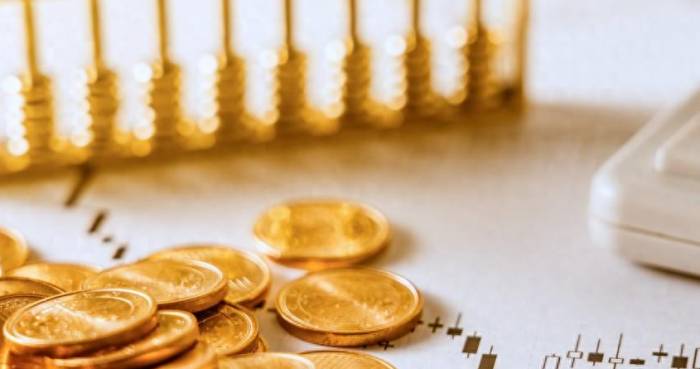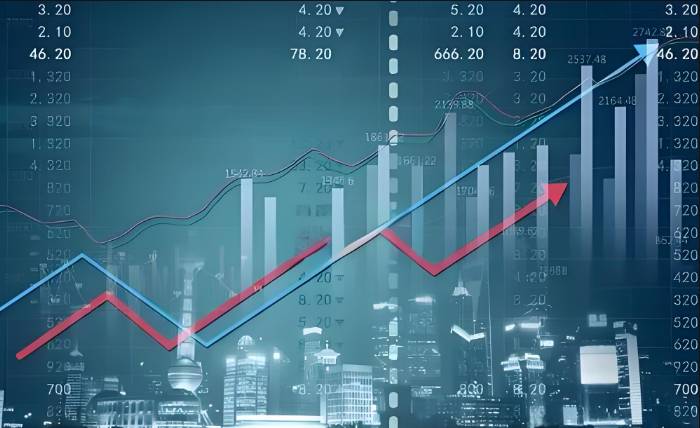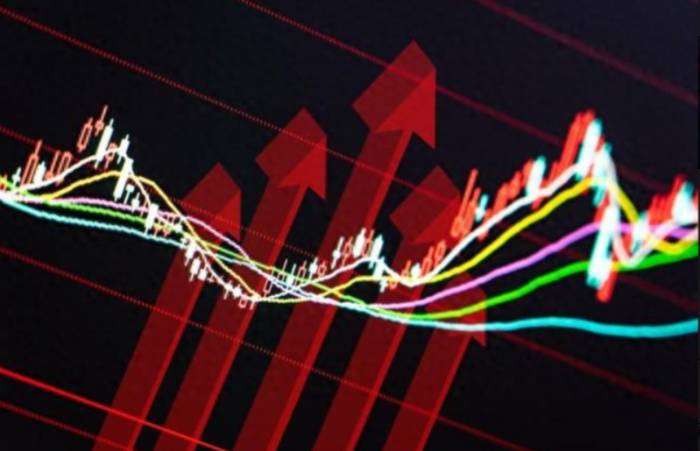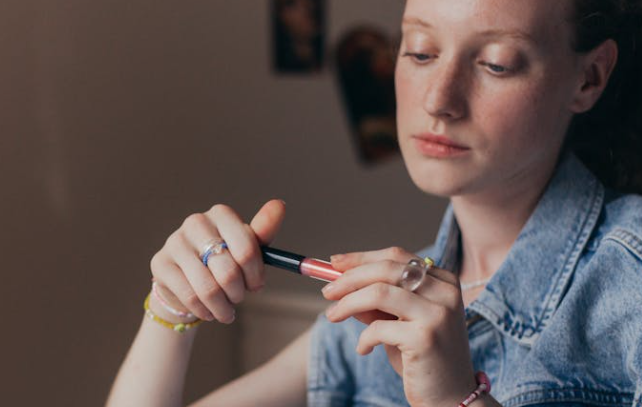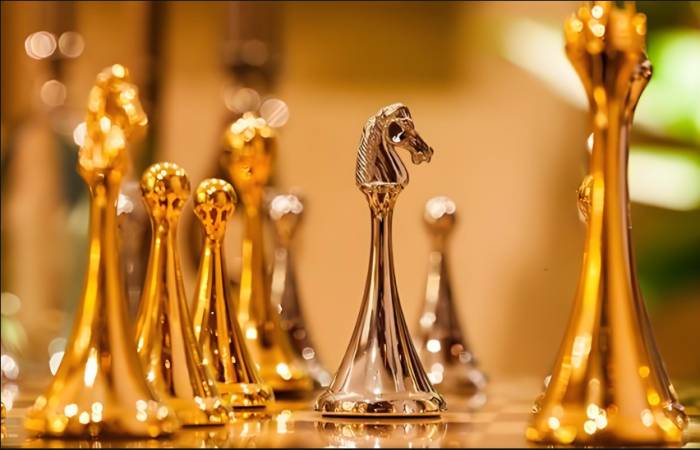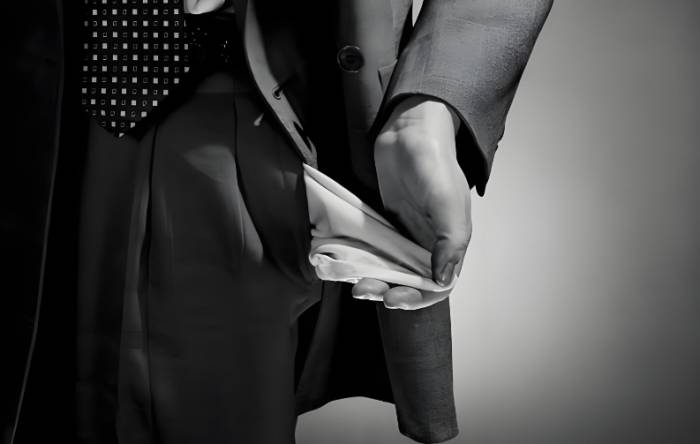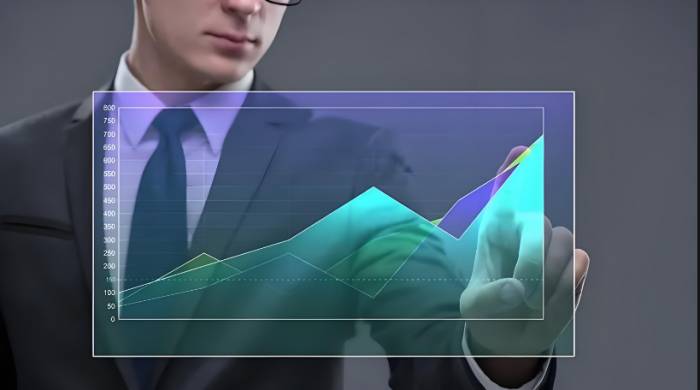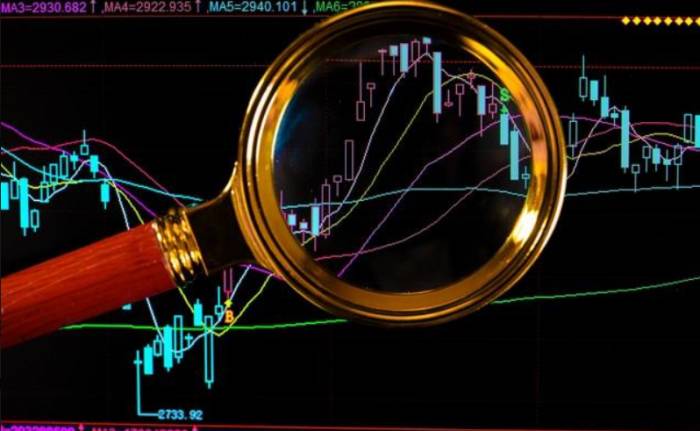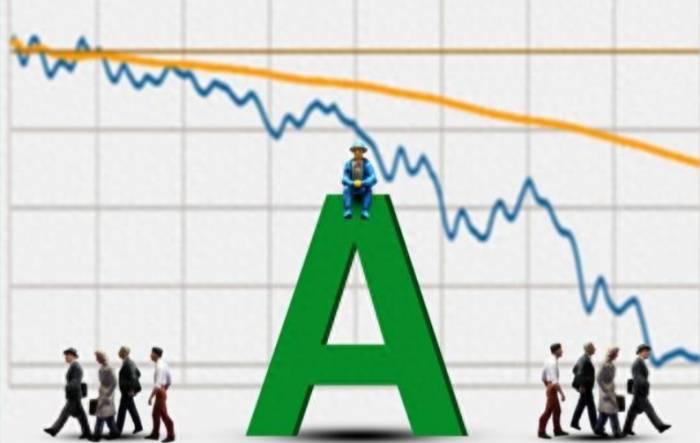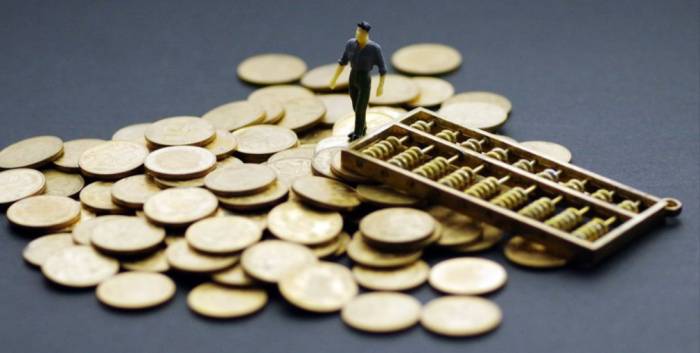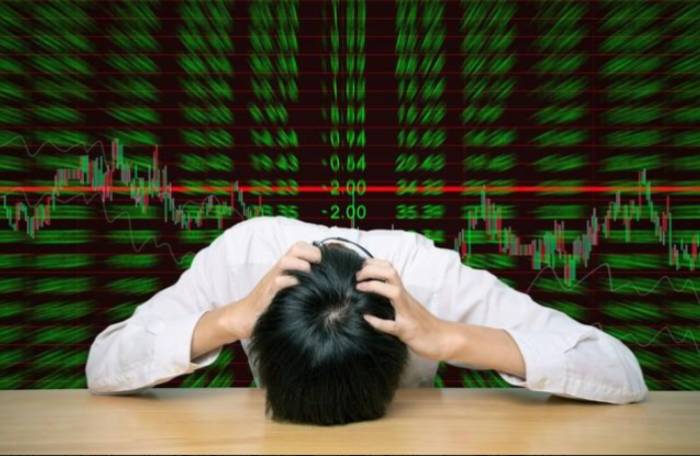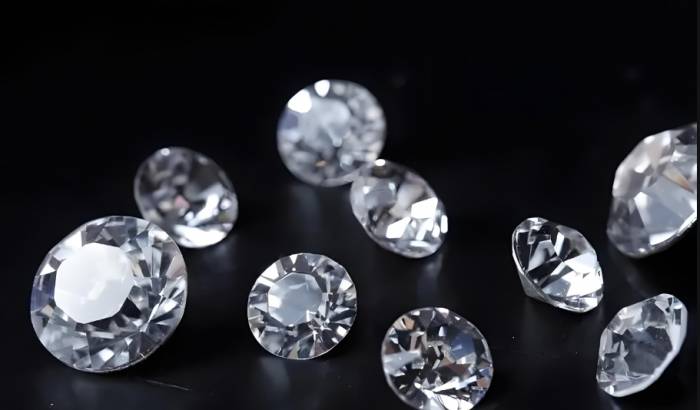Invent the rare earth lithium battery, become a national pride, but due to donat
Zhuhai is a city that has a fateful connection with batteries, but most of these connections are not "good karma." In the last couple of years, there was a scandal involving Yin Chang, the founder of Silverlong, who defrauded Dong Mingzhu of 3 billion yuan. In the 1990s, there was also a "Battery King" named Zhong Xingjia, who incited the resentment of the Chinese people.
"Do you believe that one day these gas stations will become charging stations?" This statement was made by Zhong Xingjia in the 1990s. At that time, this middle-aged man with a voice like a bell and a face like a heavy date had already foreseen the transformation of the automotive power energy market 30 years later. Around the year 2000, Zhong Xingjia became known as China's "Battery King" for inventing the rare earth lithium battery, which revolutionized the industry. However, a single misspoken word led to the decline of his life.
How did Zhong Xingjia, who came from a humble background, rise step by step, and which wrong word caused him to return to square one?
I. The "Battery Worker" from a Family of Traditional Chinese Medicine Practitioners
In 1963, Zhong Xingjia was born into a family of traditional Chinese medicine practitioners in Guangdong, with both parents being doctors for generations. Growing up in an environment filled with the fragrance of books and herbs, Zhong Xingjia was expected to follow in his parents' footsteps and become a traditional Chinese medicine doctor.
However, Zhong Xingjia was not interested in healing the world with a pot (a metaphor for practicing medicine); instead, he had a passion for art and was admitted to the Fine Arts Department of Zhanjiang Technical College in Guangdong. Yet, the pressures of life made him face reality, and after graduation, he found it difficult to support himself with "art." Zhong Xingjia returned to the path of traditional Chinese medicine arranged by his parents. But due to an unexpected industrial change, Zhong Xingjia lost his position and was unemployed. Like many young people today, he first found a job in an electronics factory to get by.
On one occasion, Zhong Xingjia read a book called "Outlook on the 21st Century." The author, Toynbee, believed that "humanity will eventually lose its way due to excessive selfishness and greed." Unexpectedly, this sentence turned out to be a prophecy for Zhong Xingjia's life.
In order to earn more money, Zhong Xingjia would often use the knowledge he learned in the electronics factory to assemble small parts into radios and speakers at home. After selling them, he would use the money to buy more books and continue learning. As his theoretical foundation and practical skills grew stronger, Zhong Xingjia was assigned to the factory's technical department. It was here that Zhong Xingjia found his lifelong calling—batteries.
At that time, the electronics factory mainly produced lead-acid batteries, which were invented by the Frenchman Planté and had applications in transportation, communication, power, and many other fields. However, the meticulous Zhong Xingjia noticed that lead-acid batteries had problems such as short lifespan, high maintenance costs in the later stages, and the need to continuously replenish distilled water during use. In 1988, Zhong Xingjia invented the maintenance-free lead-acid battery, which was more cost-effective and had a stronger storage capacity. Although the price was a bit higher, it still helped the company secure a large number of orders and earned him the favor of the factory director.However, at that time, Zhong Xingjia was still an ordinary employee, and the bonuses he received could not change his destiny. Therefore, shortly after the successful development of the lead-acid battery, Zhong Xingjia took this technology and started his own business, establishing the Leadway Group in Zhuhai, which also created the myth of China's high-end battery industry.
II. Development of rare earth lithium batteries, estimated at 10 billion US dollars
Possessing the independently developed maintenance-free lead-acid battery technology, Leadway quickly stood out in the market. In addition, before founding Leadway Group, Zhong Xingjia had also sold audio recording equipment. In the 1980s and 1990s, domestic audio recording equipment was very popular, and Zhong Xingjia caught the wave, making a fortune. Therefore, when investing in the battery factory, Zhong Xingjia had no financial pressure. At that time, batteries were mainly used to power small electronic products, and most lithium battery cells had a capacity of no more than 2AH. If a battery with a capacity of more than 50AH could be provided, it could drive a car, which was the real purpose of Zhong Xingjia's establishment of Leadway Group.
In 1997, the 90AH cylindrical lithium-ion battery cell developed by Zhong Xingjia caused a sensation in the industry. An American company was willing to invest 1.3 billion to form a company with him, but later, due to a battery explosion that burned the entire car, the matter of forming a company was dropped.
Around the year 2000, Zhong Xingjia reached the peak of his life. Leadway finally developed the rare earth yttrium iron lithium battery that subverted the industry, which could provide power batteries for pure electric vehicles. The Hongqi pure electric car using the rare earth yttrium iron lithium battery can be fully charged in 20 minutes and has a driving range of 350 kilometers. Zhong Xingjia confidently said: "Within 20 years, no company in the world will be able to catch up, I have this confidence."
At present, China's rare earth reserves account for 36% of the global total, and 80% of the global rare earth production is imported from China. Therefore, China has an innate industrial advantage in the field of rare earth batteries. The standard charging capacity of the rare earth yttrium iron lithium battery is 700AH, and the energy density can reach 150WH/KG to 190WH/KG. Due to its high-temperature resistance and support for repeated charging, the rare earth yttrium iron lithium battery has greatly expanded the scope of battery use and solved the world-class problem of insufficient energy storage encountered by new energy vehicles at the beginning of their conception.
With the "electric craze" of rare earth yttrium iron lithium batteries sweeping the world, Leadway has obtained patent licenses in dozens of countries and regions and has established production bases such as Leadway USA and Leadway Finland. The American Morgan Group even valued Leadway's rare earth lithium battery technology at 10 billion US dollars. It should be noted that the CATL, which now occupies "half of the world's power battery market," had not been established at that time, and BYD, the first automobile stock in China, did not obtain an automobile license until three years later. Therefore, in front of Leadway, many industry leaders at that time were "younger brothers," and Zhong Xingjia was also honored as the "King of Chinese Batteries," with various capitals seeking cooperation.
III. Falling from heaven to hell for saying the wrong thing
The dream of wealth has been realized, but Zhong Xingjia's ambition has not stopped. After becoming the "King of Batteries," Zhong Xingjia was determined to open up the super market of the United States, and the first task was to increase the visibility of Leadway Group in the United States. At that time, many newly rich people generally improved their recognition by donating to well-known universities and obtaining the naming rights of a research institute or a teaching building. Zhong Xingjia also followed this approach. He generously donated 10 million US dollars to the University of California, equivalent to nearly 70 million RMB.
After this matter was reported by domestic media, it immediately caused a backlash among the people. Sheep have the grace of kneeling to nurse, and crows have the affection of feeding their parents. A businessman would rather spend 70 million RMB to please Americans and is unwilling to give a penny to repay his motherland. However, in the face of questioning, Zhong Xingjia did not handle public relations properly, but instead made a bold statement: "It's true that I donated 70 million to the United States, but what does the poverty of the Chinese people have to do with me?" This sentence completely erased the proud image of Zhong Xingjia as the "King of Batteries" in the hearts of the people. Since then, Zhong Xingjia's life has also taken a downward path.In April 2011, the listed company, Zhongju Leitian, announced to the public that with 81.01% approval votes, all positions held by Zhong Xinjia in the company were removed. Like Apple's founder Steve Jobs, Zhong Xinjia was ousted from the company he had founded, but unlike Jobs, he did not make a triumphant return to the pinnacle. Involved in the embezzlement of public funds, Zhong Xinjia was sentenced to compensate the original shareholders with 200 million yuan. Thus, the era of the "Battery King" Zhong Xinjia came to an end.
Over the past decade, Zhong Xinjia has long vanished from the business scene. As the saying goes, "when a whale falls, life flourishes," the collapse of Zhong Xinjia's "Battery Kingdom" has paved the way for countless successors to take the stage. From Contemporary Amperex Technology Co. Limited's (CATL) "CTP battery" to BYD's "Blade Battery," new titans in China's new energy battery industry have begun to make significant inroads in the global market.
IV. Conclusion
The "Battery Kingdom" of Leitian, established by Zhong Xinjia, was originally a pride of the national manufacturing industry. With the invention of rare earth lithium batteries, Zhong Xinjia once became a banner in the field of domestic new energy batteries. For instance, in 2010, Leitian's research and development of rare earth lithium sulfur batteries boasted an energy density of up to 1200 WH/KG, nearly 10 times that of today's lithium iron phosphate batteries. A rare earth lithium sulfur battery of equal mass could be charged for 5 minutes and last for 2000 kilometers, a feat that today's ternary lithium batteries cannot match. However, all of this became an illusion with Zhong Xinjia's statement, "I have nothing to do with the poverty of the Chinese people."
In fact, many failed entrepreneurs are not lacking in technology and fighting spirit; often, what they lack is confidence in their nation and culture. Maintaining dignity and humility can equally lead to stability and long-term success.
